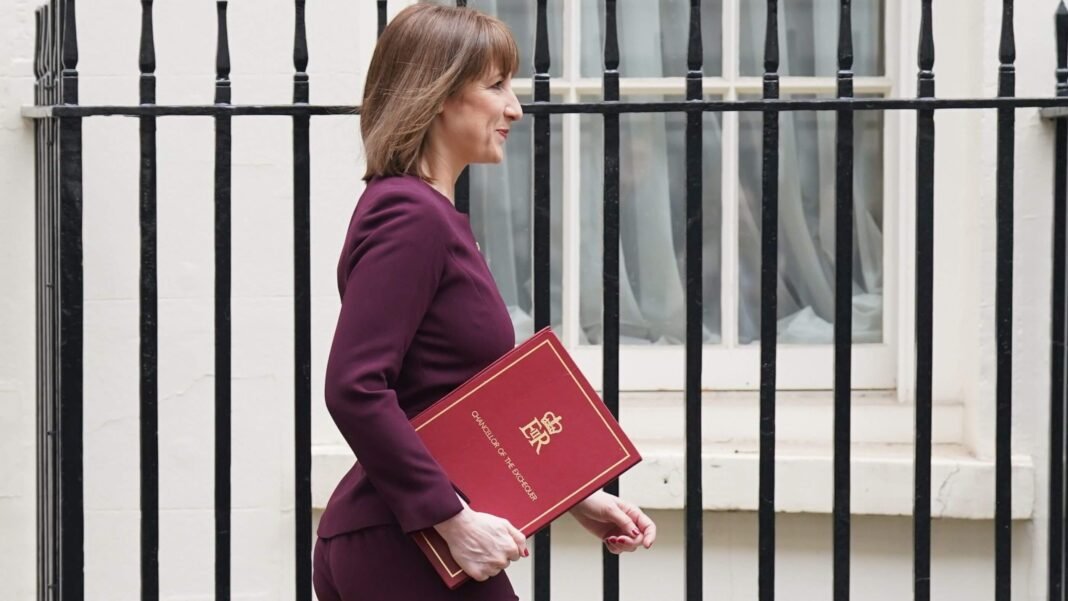Fiscal challenges intensify for the UK government. New official data reveals a significant spike in borrowing. Consequently, Chancellor Rachel Reeves now faces immense pressure. Her upcoming Budget will require very difficult choices.
Therefore, the Office for National Statistics released the figures. Government borrowing reached £18 billion in August. This is the highest August total for five years. Analysts had predicted a much lower number. This increase surprised many economists.
Moreover, borrowing represents the gap between spending and tax income. Tax and National Insurance receipts actually grew. However, public spending grew even more quickly. Higher costs for services, benefits, and debt interest caused this. Therefore, the deficit expanded considerably.
Paul Dales, an economist at Capital Economics, commented on the data. He said the public finances are clearly deteriorating. The economy has not been terribly weak either. This suggests deeper structural issues. He expects the chancellor must find money soon. She will likely raise taxes to do this.
Indeed, fiscal challenges intensify as debt interest payments soared. They increased by £1.9 billion to £8.4 billion. Inflation significantly pushed these costs higher. Welfare spending also rose sharply. It increased by £1.1 billion to £27.3 billion. Inflation-linked benefits and state pensions drove this rise.
Furthermore, the cumulative borrowing figure is alarming. For the financial year to date, borrowing hit £83.8 billion. This is £16.2 billion higher than last year. It also exceeds the official forecast from March. The government’s financial plan is off track.
Chancellor Reeves has strict self-imposed rules. She vows not to borrow for day-to-day spending. She also promises to get debt falling relative to national income. Meeting these goals by 2029 now looks harder. Recent policy U-turns on benefits add to the cost.
Nabil Taleb, an economist at PwC UK, discussed the situation. He said Reeves confronts tough choices. The test will be making them acceptable. Voters and markets need reassurance.
Separate retail sales data offered a slight bright spot. Sales volumes rose 0.5% in August. Warm weather helped butchers, bakers, and clothing stores. Nonetheless, over a three-month period, sales slightly declined. The high street is not out of the woods yet.
Retail experts warn of fresh headwinds. Uncertainty from the upcoming Budget persists. Energy and labour costs also remain high. These factors will strain profit margins further.
Ultimately, the fiscal challenges intensify with each new data point. All eyes now turn to the November Budget. The chancellor must present a credible plan. The nation’s economic stability depends on it.
For more business updates, visit London Pulse News.


